How Does Subrogation Affect My Personal Injury Lawsuit?
Subrogation, a term often encountered in the domain of personal injury law, plays a critical yet frequently misunderstood role in the determination of compensation for victims. This legal principle allows insurers to reclaim funds from third parties responsible for the injury, potentially altering the financial landscape of a claim. The interplay between subrogation rights and personal injury settlements is complex, governed by an array of jurisdiction-specific regulations and policy provisions. As we explore this intricate relationship, it becomes evident that understanding subrogation is paramount for anyone involved in a personal injury lawsuit, particularly in how it might influence the final settlement or judgment in unforeseen ways.

Key Takeaways
- Subrogation enables insurance companies to recover costs by pursuing third-party claims, potentially affecting your personal injury compensation.
- Collateral sources, like health insurance, can impact the amount of compensation you receive in a lawsuit.
- Understanding the intricacies of subrogation and collateral sources is essential for maximizing compensation in personal injury claims.
- Consulting with a personal injury attorney can help navigate subrogation complexities and protect your interests in a lawsuit.
Understanding Subrogation

In the domain of personal injury lawsuits, subrogation represents a pivotal yet complex mechanism through which insurance companies seek to recover costs from third parties responsible for the injury. This process allows insurers to step into the shoes of the injured party to claim reimbursement for expenses such as medical bills and repair costs, which the insurer initially covered. The principle behind subrogation is to hold the party at fault accountable for the financial impact of their actions, thereby preventing the injured party from paying out of pocket for expenses that are not their responsibility. Understanding the nuances of subrogation is essential, as its application varies widely across different jurisdictions and insurance policies, influencing the landscape of personal injury lawsuits significantly.
Subrogation in Personal Injury
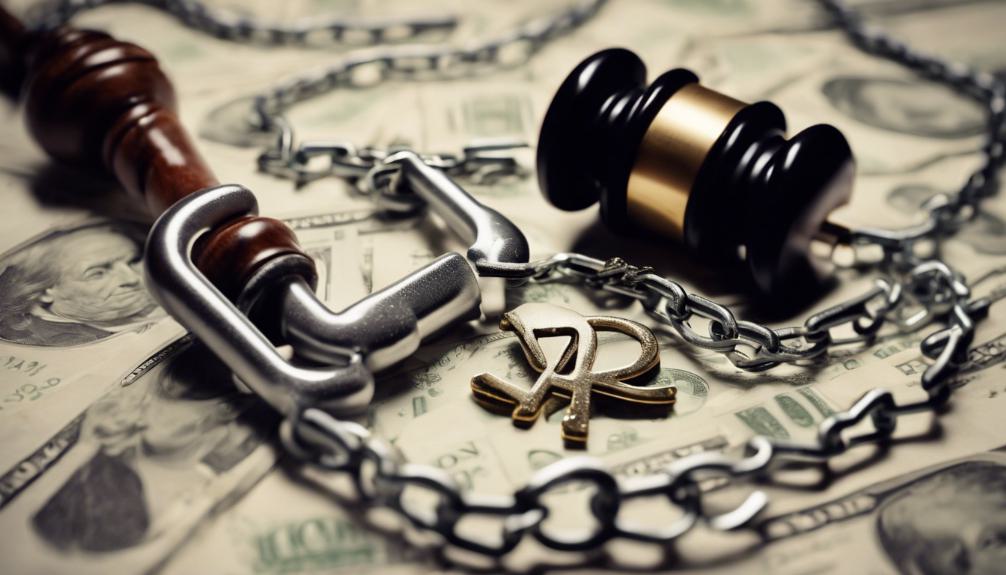
Building on the foundational understanding of subrogation, its role in personal injury cases introduces additional layers of complexity and strategic considerations for all parties involved. Subrogation primarily allows an insurer to step into the shoes of the injured party to recover costs from the party at fault. This process is critical in personal injury lawsuits as it can noticeably affect the compensation the injured party receives. Jurisdictional variances and specific policy details dictate how subrogation is applied, making it essential for claimants to understand their insurance policies and local laws thoroughly. Additionally, the involvement of collateral sources, like health insurance or workers' compensation, introduces extra nuances, as these can alter the compensation dynamics and potentially reduce the net amount recovered by the plaintiff.
Legal Resources and Assistance
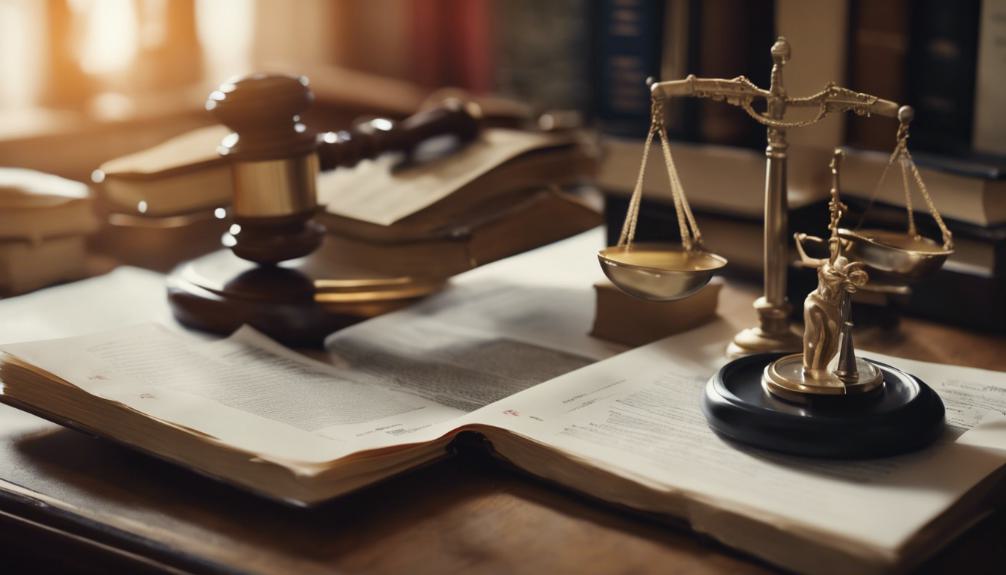
Access to all-encompassing legal resources and expert assistance is essential for individuals managing the intricacies of personal injury lawsuits, especially when dealing with subrogation matters. Exploring the legal landscape of subrogation requires a deep understanding of both jurisdiction-specific regulations and the nuances of insurance policies. Personal injury attorneys play a pivotal role in this process, offering invaluable guidance to maximize compensation and effectively handle negotiations with insurance companies. Additionally, organizations such as the National Highway Traffic Safety Administration and the Consumer Product Safety Commission provide essential information for cases involving vehicle accidents or defective products, respectively. These resources, combined with expert legal advice, empower individuals to manage subrogation complexities with greater confidence and efficacy, ensuring a more favorable outcome in their personal injury claims.
State Bar Associations
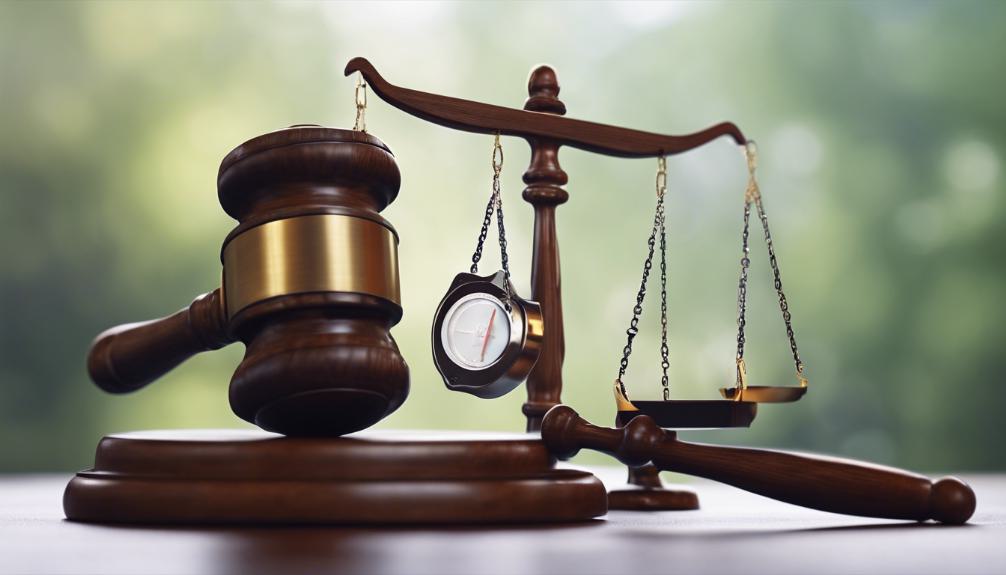
State Bar Associations play a pivotal role in providing essential legal support and resources to individuals handling personal injury lawsuits. These organizations are instrumental in ensuring access to qualified legal professionals, offering attorney referrals tailored to the specific needs of personal injury claimants. Additionally, State Bar Associations contribute substantially by offering legal education programs that can help individuals understand the complexities surrounding personal injury cases, including the intricacies of subrogation. They also facilitate mediation or arbitration services, which can be vital in resolving disputes efficiently without resorting to lengthy court battles. Moreover, their maintained directories of attorneys are invaluable resources for finding representation well-versed in the nuances of personal injury law and subrogation processes.
State-Specific Laws
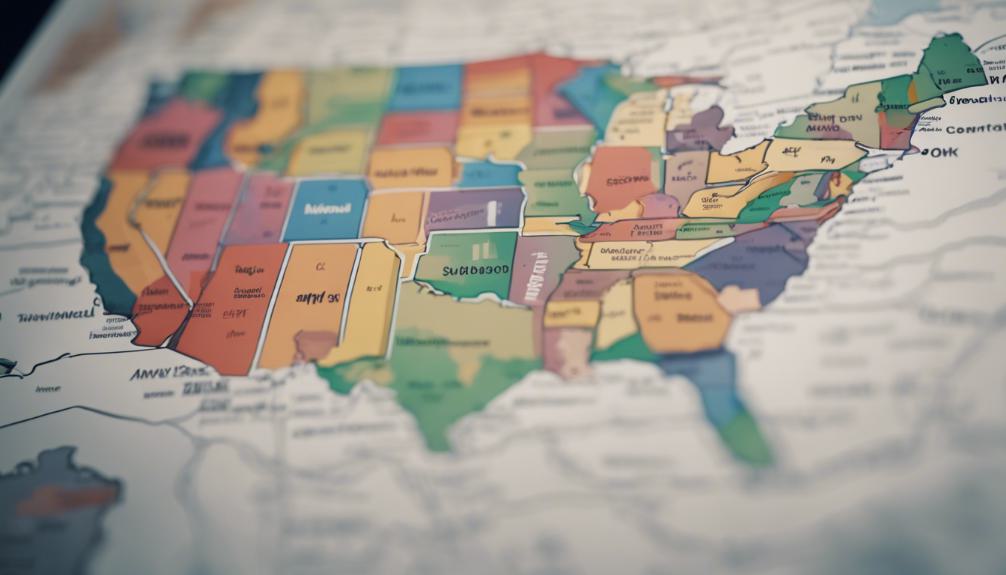
Understanding the legal landscape of personal injury law requires an understanding of the specific statutes and regulations that vary from one state to another. Each state's approach to subrogation, collateral sources, and compensation mechanisms in personal injury lawsuits can have a substantial impact on the outcome of a case. For instance, some states may allow full recovery from third parties despite collateral source payments, while others may reduce the claimant's compensation based on amounts received from insurance. This variability means that, for claimants and their legal representatives, a thorough exploration into the relevant state-specific laws is essential. Knowledge of these nuances can be the difference between a successful recovery and a missed opportunity in a personal injury lawsuit.
Contacting Expertise.com
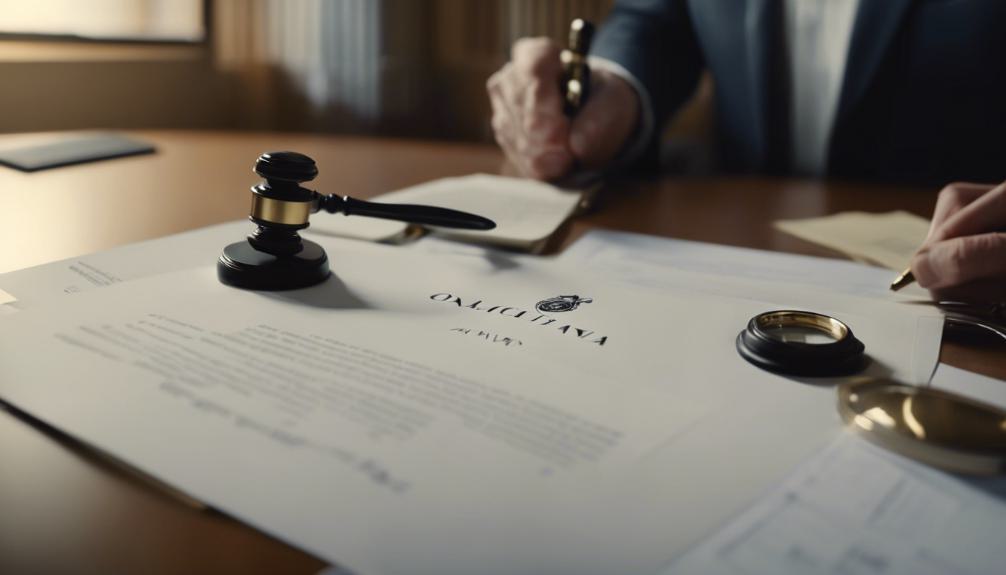
For individuals seeking legal assistance in personal injury cases, contacting Expertise.com can provide a pathway to finding top-ranked service providers. Maneuvering the complexities of subrogation and understanding its impact on compensation can be challenging without the right legal expertise. Expertise.com simplifies this process by offering a concierge service that connects individuals with highly rated personal injury attorneys. By utilizing their detailed directory, clients can easily find professionals skilled in dealing with the intricacies of subrogation within their jurisdiction. Contacting Expertise.com is straightforward; potential clients can reach out via phone at (877)-769-7769, email at info@expertise.com, or through their website, ensuring accessible legal support tailored to individual needs in personal injury cases.
Frequently Asked Questions
Can I Still Pursue a Personal Injury Claim if My Insurance Company Has Already Initiated a Subrogation Action?
Yes, you can still pursue a personal injury claim even if your insurance company has initiated a subrogation action. However, understanding the specifics of your policy and jurisdiction is vital for dealing with potential complexities.
How Does the Involvement of Multiple Insurance Companies in Subrogation Affect the Timeline of My Personal Injury Lawsuit?
In the intricate dance of personal injury lawsuits, the involvement of multiple insurance companies through subrogation can extend the timeline, as each entity seeks to optimize their recovery, thereby weaving a more complex legal tapestry.
If My Personal Injury Lawsuit Is Successful, How Will the Compensation Be Distributed Between Me and My Insurance Company Due to Subrogation Rights?
In a successful personal injury lawsuit, compensation distribution between the claimant and their insurance company, due to subrogation rights, is determined by the specific policy agreements and the jurisdiction's legal framework governing such claims.
What Happens if the Third Party Responsible for My Injury Is Uninsured or Underinsured - Does Subrogation Still Apply?
In the scenario where the at-fault party lacks adequate insurance, the principle of subrogation still plays a critical role, potentially allowing one's insurer to seek compensation through alternative means to ensure recovery of costs.
Are There Any Specific Strategies I Should Consider When Negotiating With My Insurance Company About Their Subrogation Claim to Maximize My Own Compensation?
To optimize compensation in negotiations with your insurance company regarding their subrogation claim, consider consulting a personal injury attorney for strategic advice, reviewing your policy details, and understanding the implications of subrogation on your settlement.
Conclusion
To sum up, subrogation stands as a significant, yet intricate, element in personal injury litigation, shaping the settlement landscape and affecting the allocation of awards. Mastery of this mechanism mandates meticulous attention to multifaceted legal landscapes, including state-specific statutes and insurance policy provisions. Access to adept legal resources and expert guidance proves paramount in piercing through the perplexities of subrogation, ensuring equitable compensation. Stakeholders are steered towards strategic success in securing rightful recoveries, highlighting the high stakes hinged on thorough understanding and competent counsel.

This post has been generated by AI and was not reviewed by editors. This is Not legal advice. Please consult with an attorney.




![Average Personal Injury Settlements [2023] 27 personal injury settlements overview](https://lawsuitlegit.com/wp-content/uploads/2024/03/personal_injury_settlements_overview-250x143.jpg)